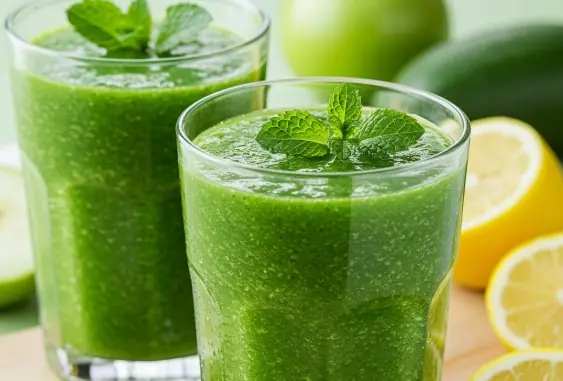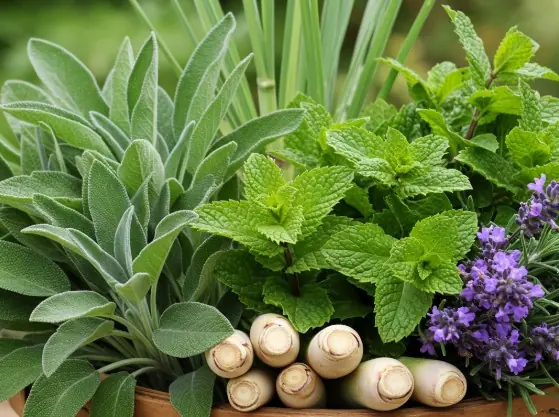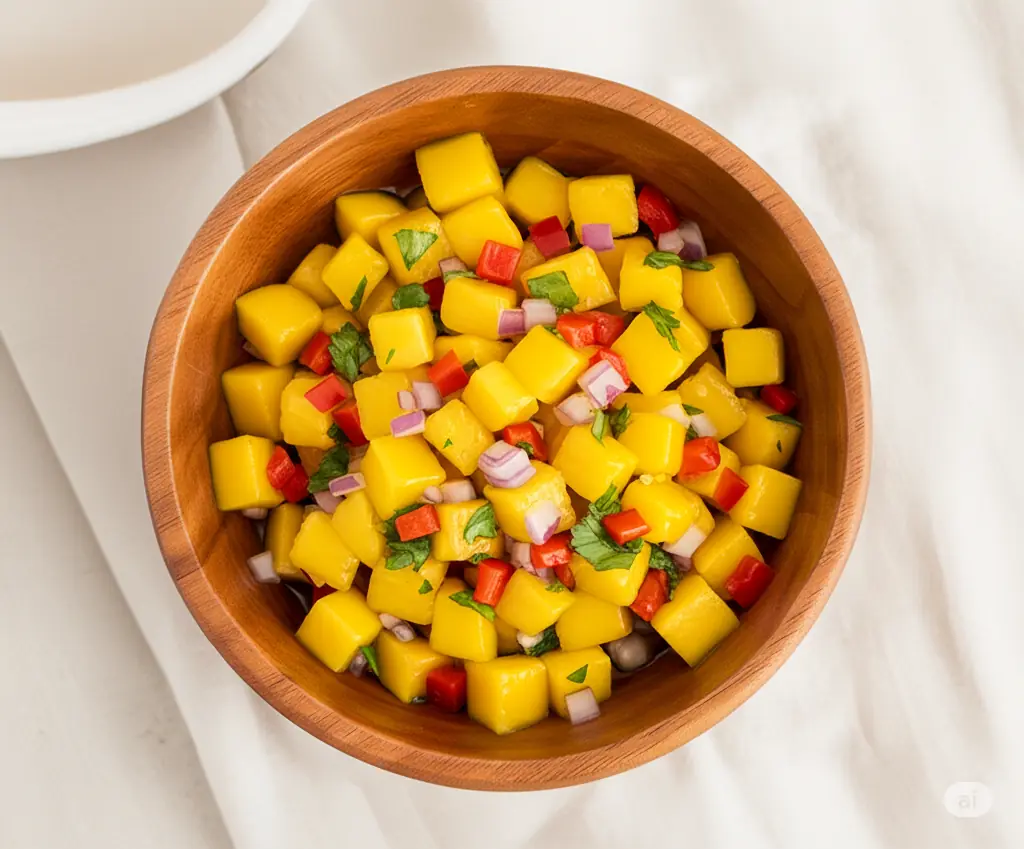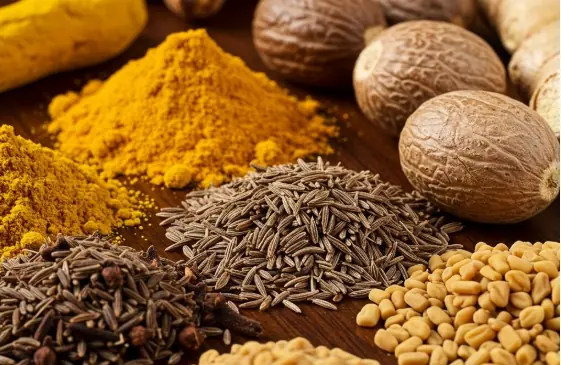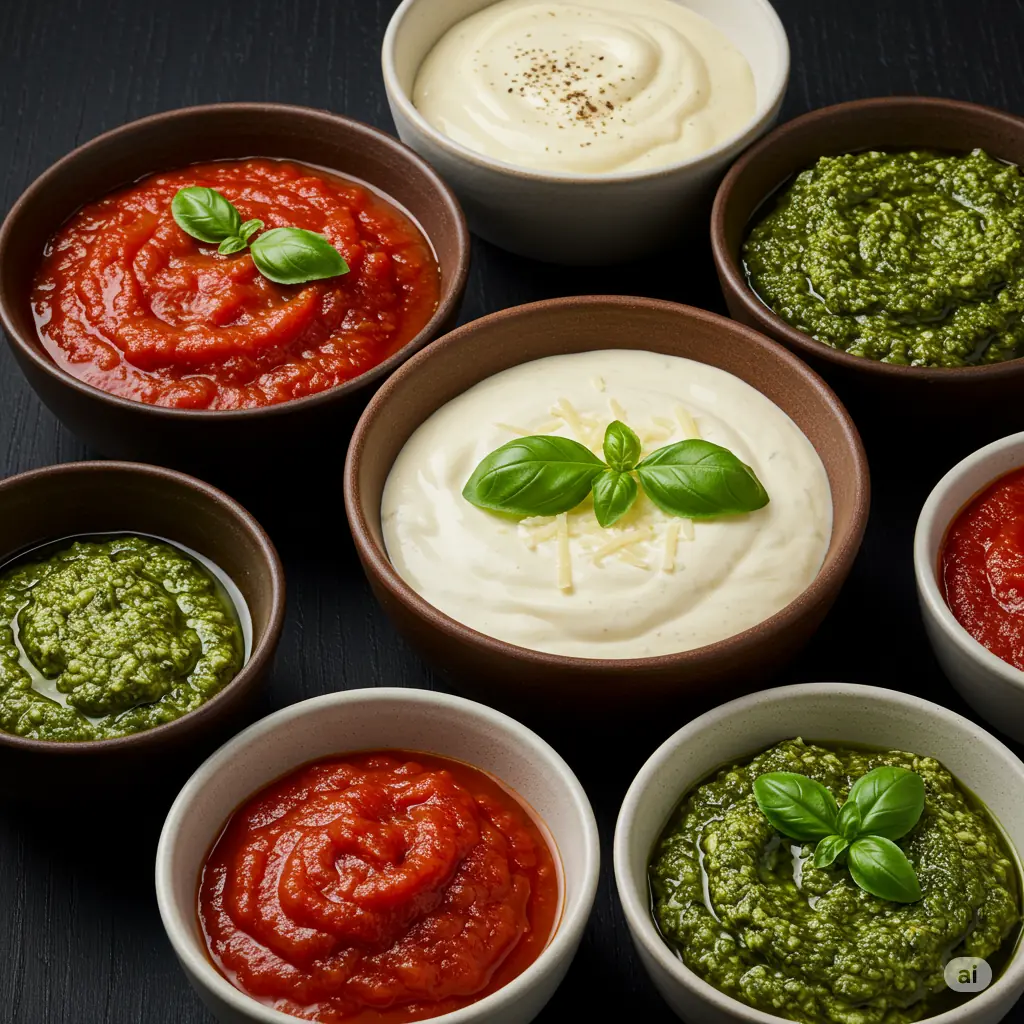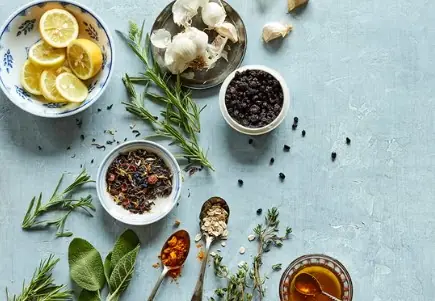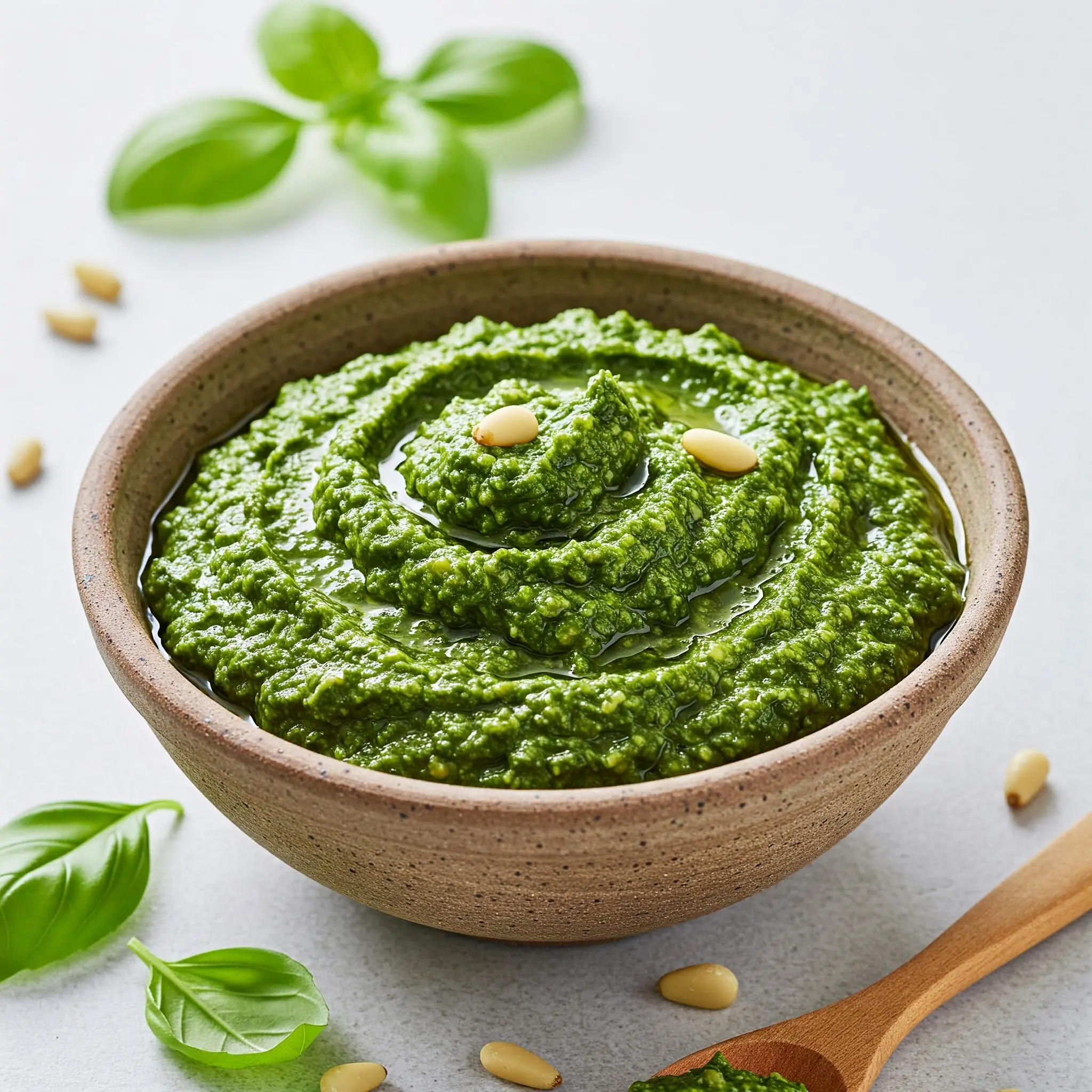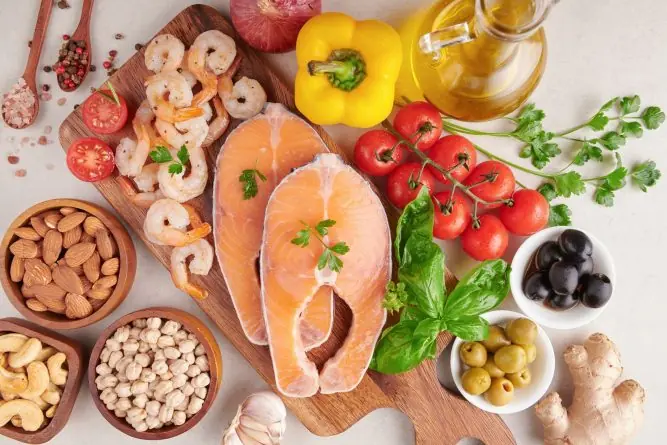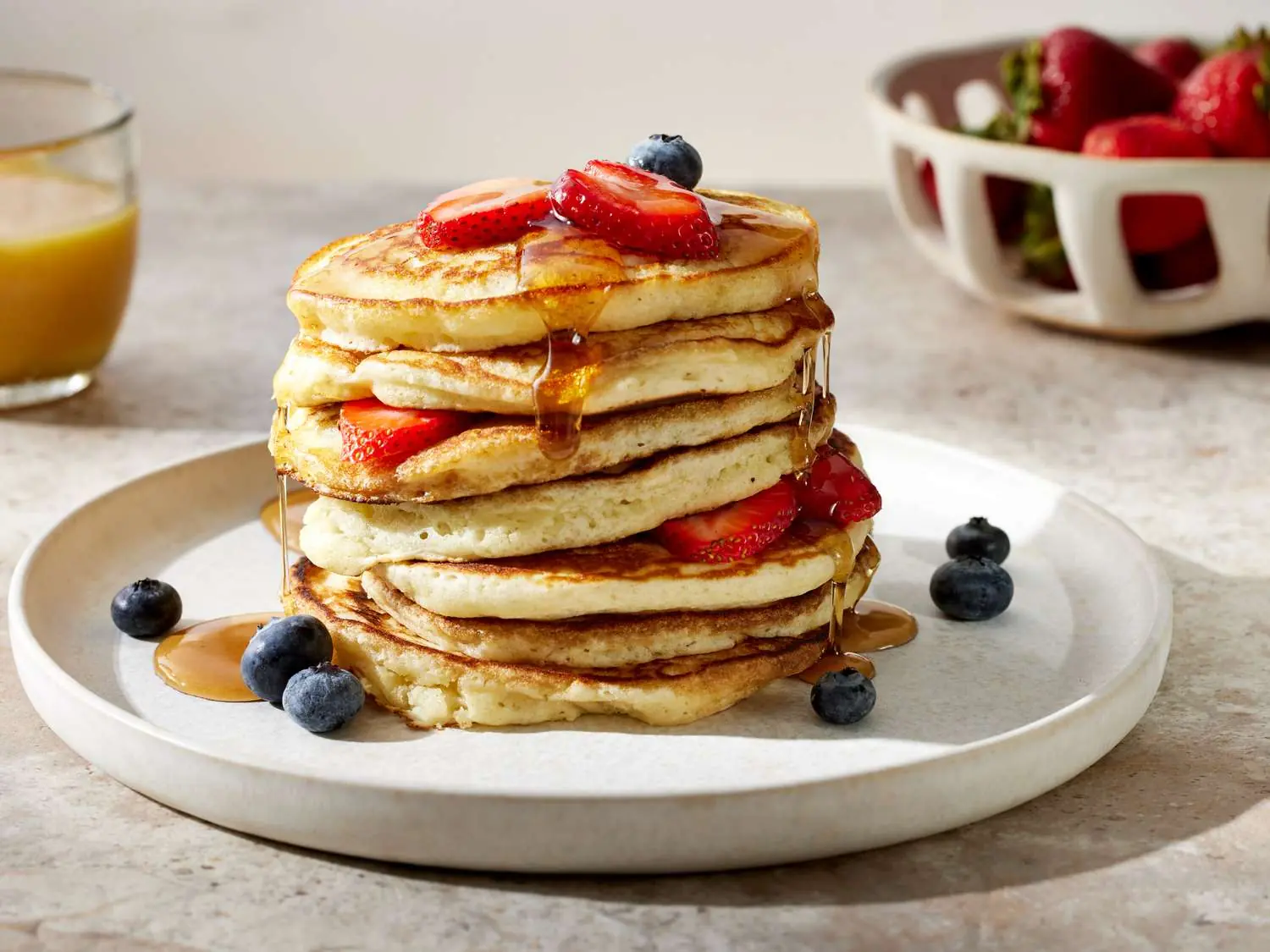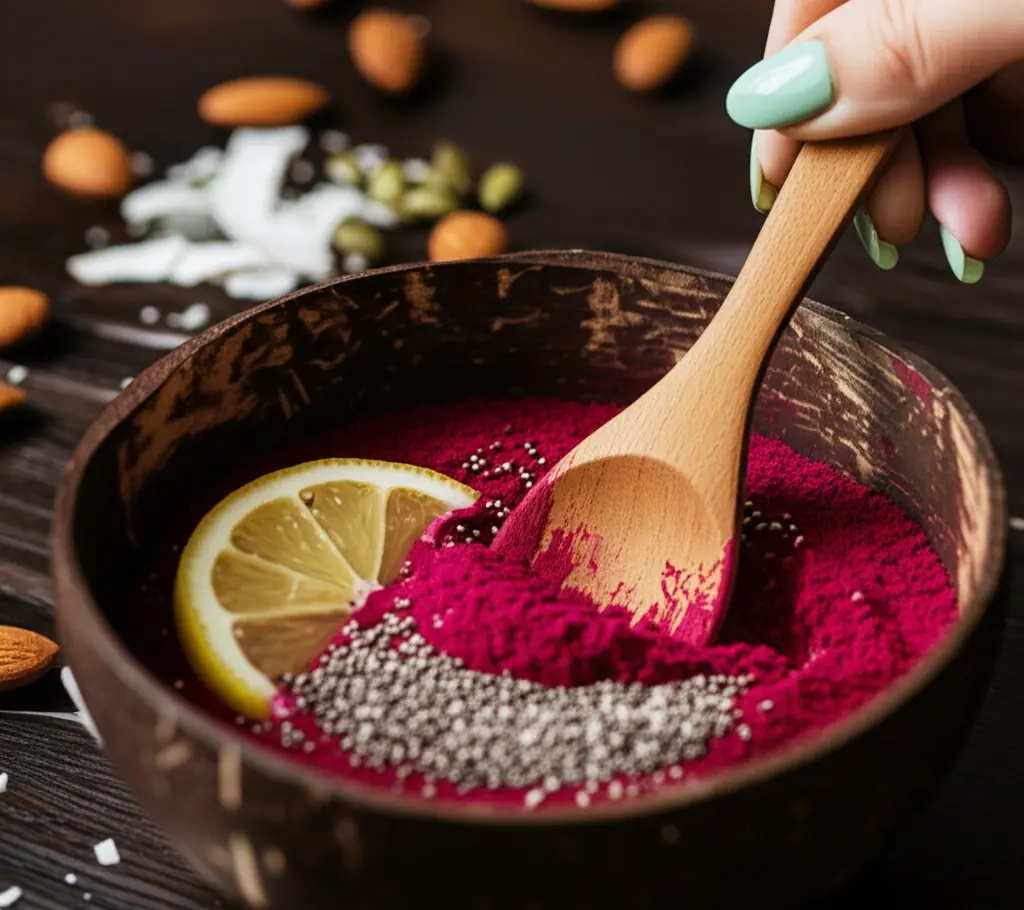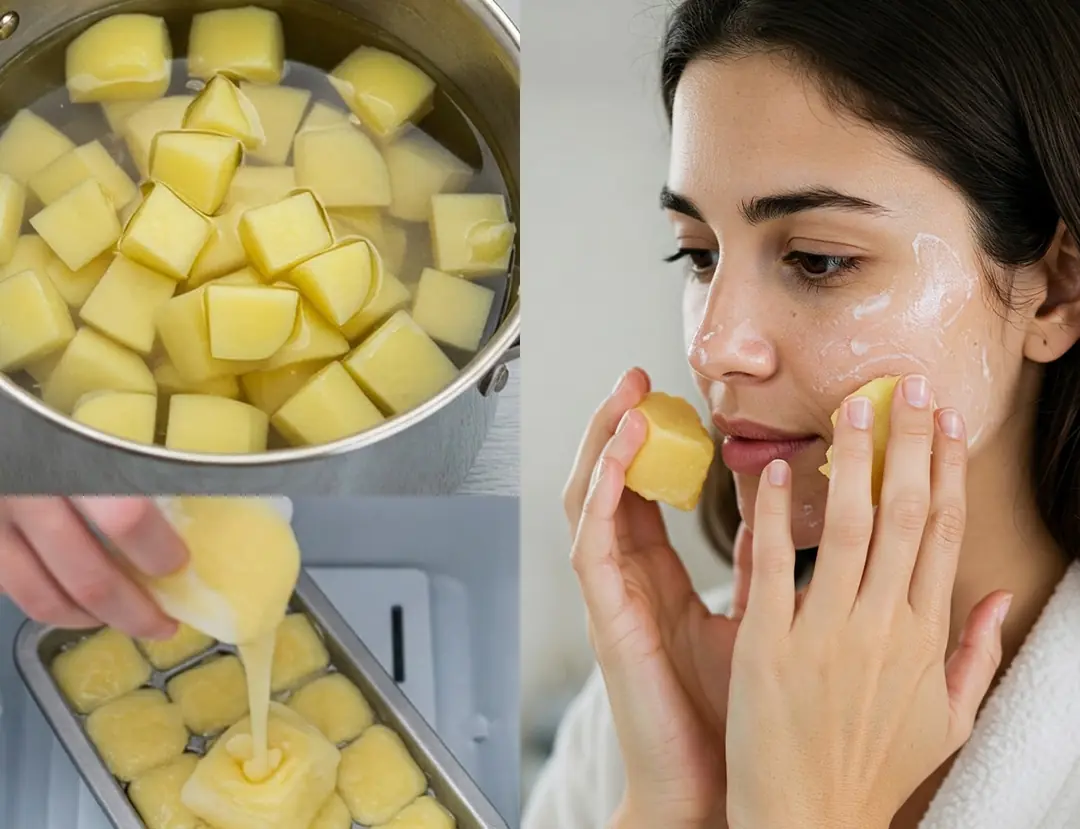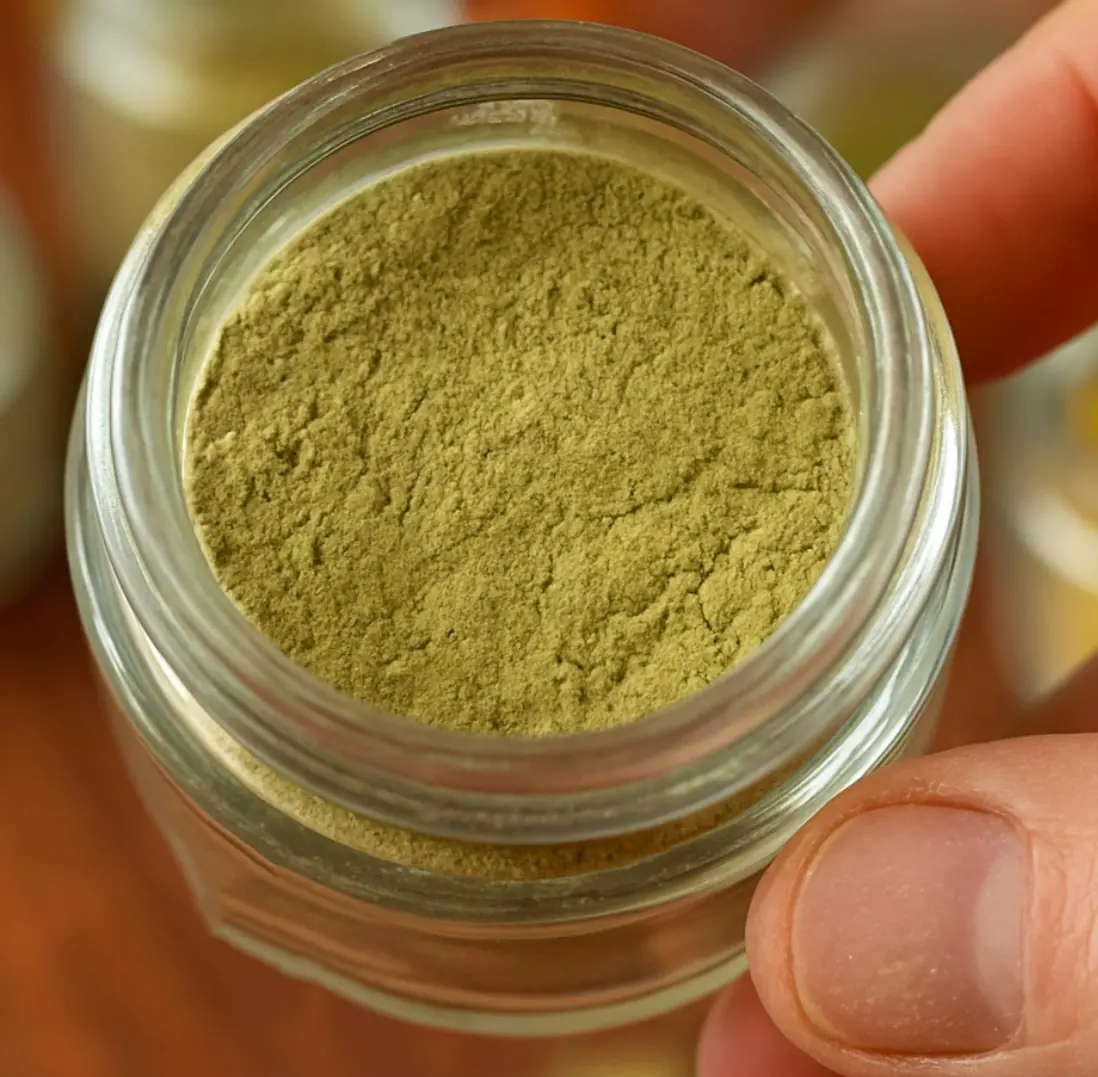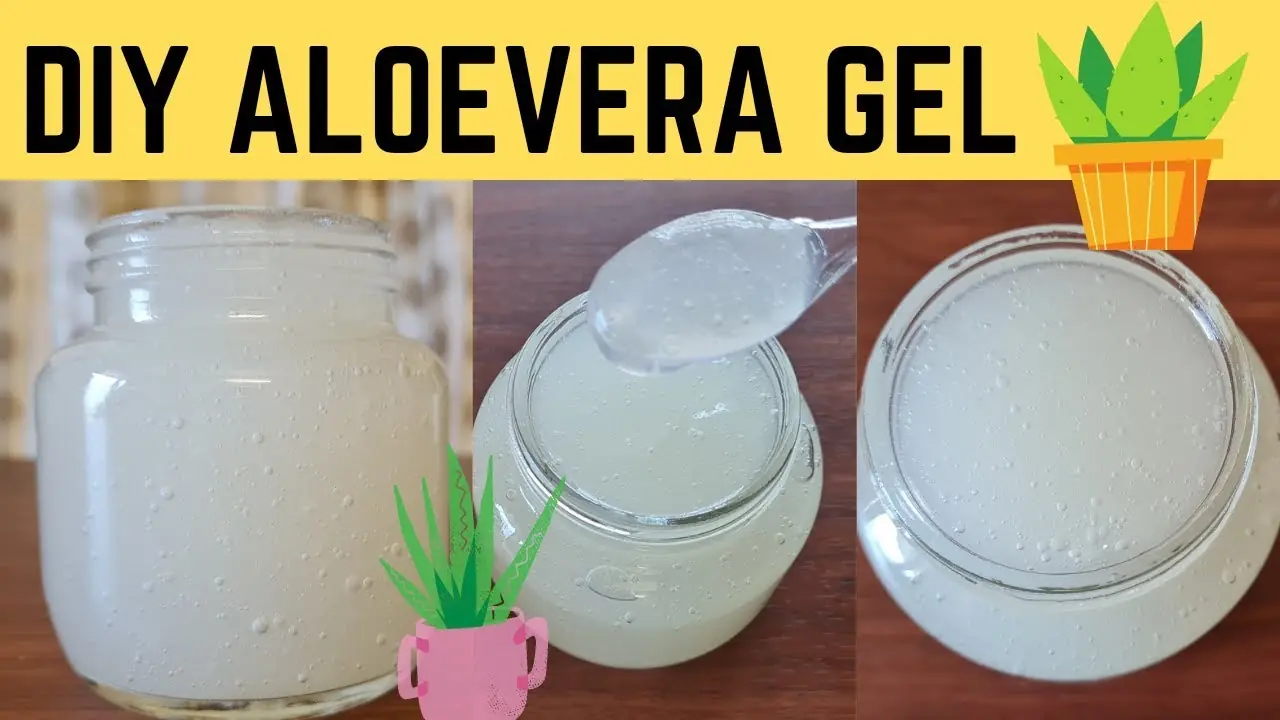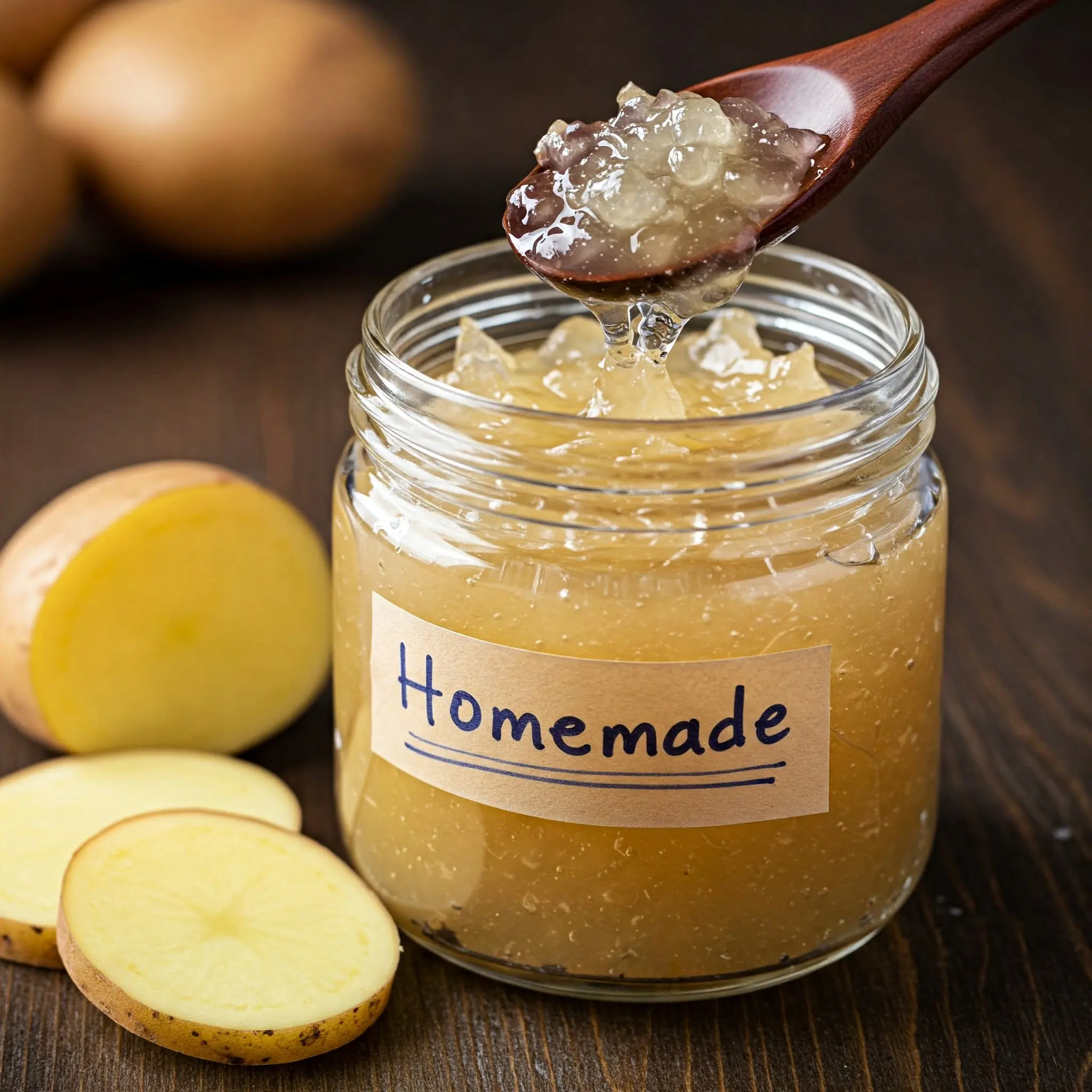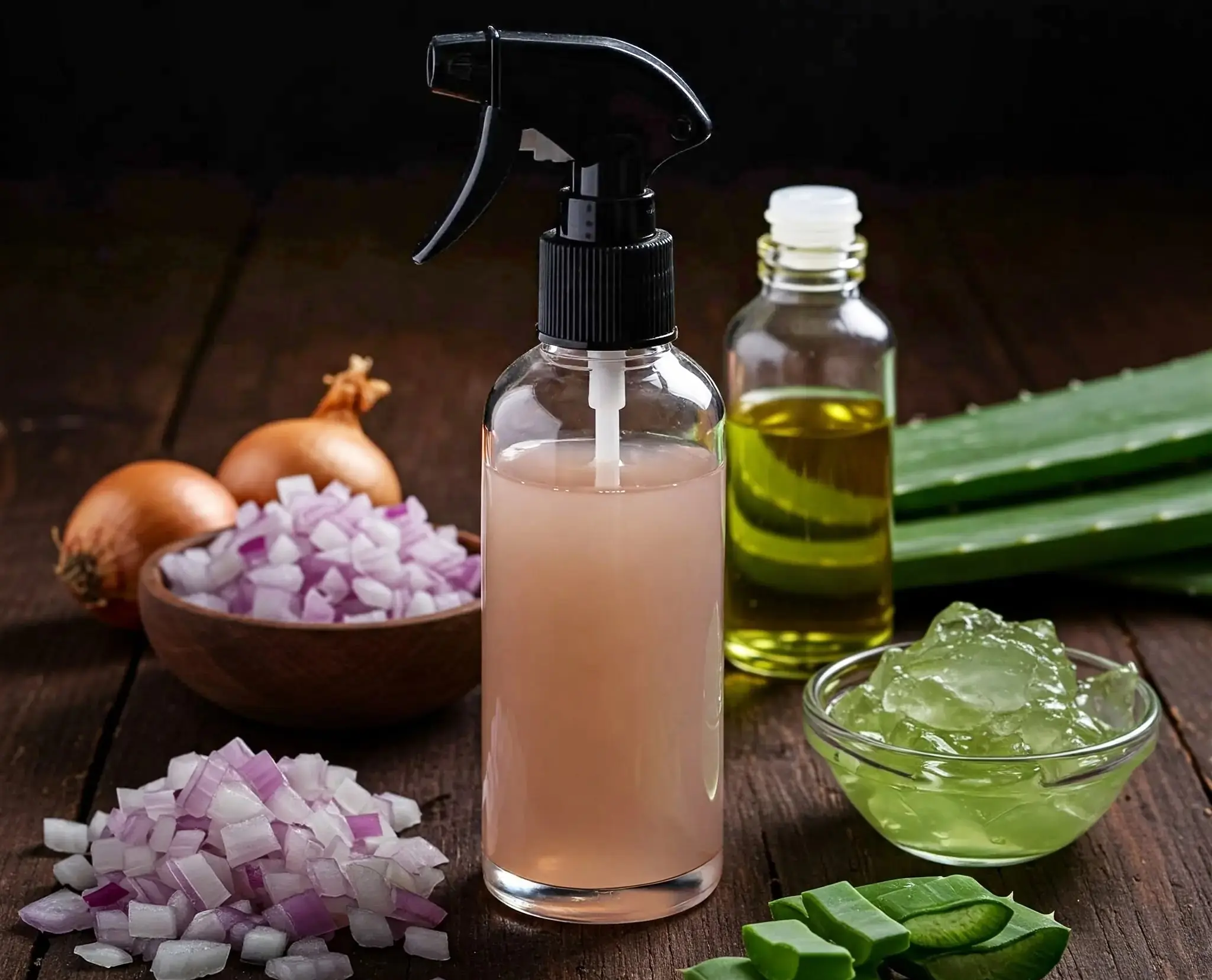Benefits of Freezing Food
Freezing food is an excellent method for preserving food, saving money, and reducing waste. By keeping pre-prepared ingredients ready for future meals, you can extend their shelf life and save time on meal prep. Here's a breakdown of the best foods to freeze and how to do it properly.
1. Bread
Freezing bread whole instead of sliced helps reduce the exposed surface area, preventing it from drying out. You can slice it when you need it, keeping the bread fresh for longer. Best used within one month to maintain quality.
Tip: Freezing whole bread reduces the chances of it becoming stale, especially when you need to store it for longer periods.
2. Vegetables
To freeze vegetables like broccoli and spinach, blanch them in boiling water first. Blanching stops enzymes that can affect the flavor, color, and texture, ensuring the veggies remain fresh when thawed.
Tip: Use a large pot of boiling water to blanch, then transfer vegetables immediately into cold water to preserve their nutrients.
3. Fruit Puree
Turn overripe fruits like bananas or berries into a puree and store them in zipper bags. When you're ready to use them, thaw them to mix into smoothies or stir them into oatmeal for a nutrient boost.
Tip: Freezing pureed fruit helps reduce waste and provides an easy-to-use ingredient for various recipes.
4. Leftovers
Freezing leftovers, such as soups, casseroles, or cooked meals, can extend their freshness for up to two months. They are great for future quick meals and help reduce food waste.
Tip: Label and date each frozen item to keep track of when they were frozen for easier organization.
5. Coffee, Tea, and Wine
To preserve the freshness of coffee, tea, or wine, freeze them in ice cube trays. You can use the cubes in sauces, or mix them into iced beverages, adding a burst of flavor without waste.
Tip: Freezing coffee or tea in cubes allows you to easily control portions when adding to recipes or drinks.
6. Nuts
Many nuts, such as walnuts and almonds, contain oils that can go rancid over time. Store them in freezer bags to keep them fresh for up to six months.
Tip: Freezing nuts helps preserve their flavor and nutritional value while preventing them from becoming stale.
7. Beans
After cooking beans or grains, cover them with water or oil to create an airtight seal, then store them in tightly sealed freezer bags. This helps avoid freezer burn and keeps them fresh for longer.
Tip: Ensure the container lid is tightly sealed to prevent air from entering and causing freezer burn.
8. Tofu
Freezing tofu makes it chewy and spongy, making it perfect for stir-fries. Since tofu absorbs sauces better when frozen, drain it well and wrap it in plastic, or freeze it as a whole block.
Tip: Frozen tofu has a different texture, so it’s ideal for dishes where you want more texture or to soak up flavors.
9. Rice
Freezing rice is an excellent way to save money on pantry staples. The freezer helps keep rice fresh for longer, preventing it from spoiling and allowing for easy meal prep.
Tip: Store rice in airtight freezer bags or containers to ensure it stays fresh when frozen.
10. Meat/Fish
To avoid freezer burn, vacuum-seal meat or fish before freezing. Submerge the bag in a pot of water, leaving only the top of the bag exposed. The water will create a vacuum, removing the air and preserving the food.
Tip: Vacuum-sealing helps maintain the quality of your meat and fish, keeping them fresh for longer periods.
Conclusion
Freezing food offers a variety of benefits, including saving money, reducing waste, and extending the shelf life of your groceries. By properly storing food in the freezer, you can maintain its nutritional value, flavor, and texture, ensuring that you always have fresh ingredients ready for future meals.



